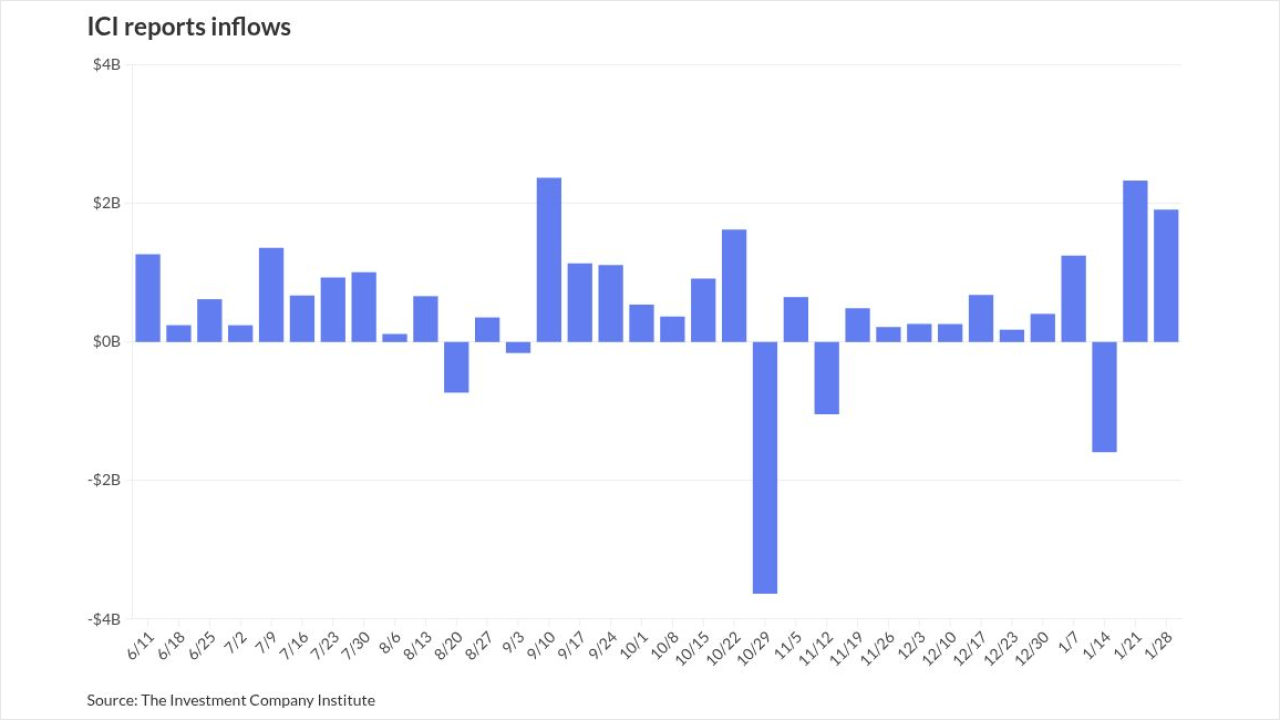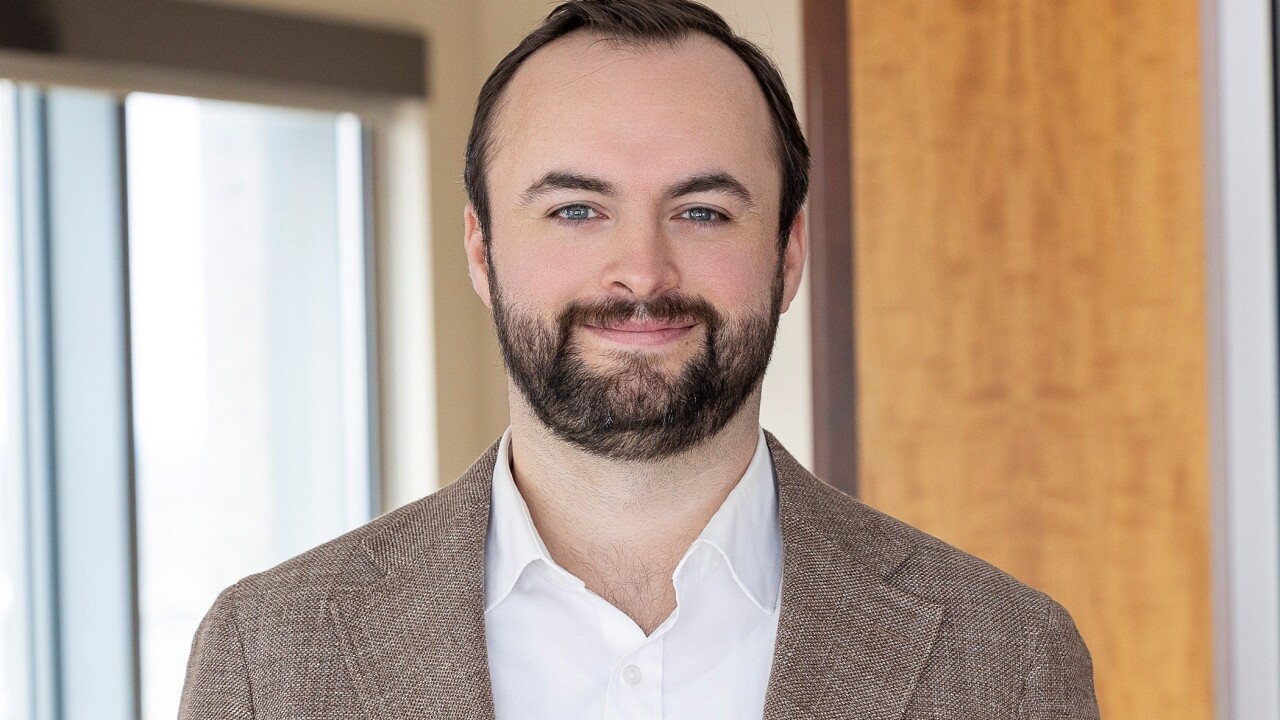Environmental, social, and governance capital programs continue to flourish under increased scrutiny, said one presenter at a recent securities industry event.
Climate change may be nothing new, said Trenton J. Allen, CEO of Sustainable Capital Advisors, but the "growing appetite" for suitably focused investments is, and issuers and investors alike can benefit from strategies to reduce overhead borrowing costs in addition to a unique and robust federal funding environment around sustainable development.
Allen moderated the panel "Sustainable Infrastructure's Perpetual Benefits" at the National Association of Securities Professionals' 34th Annual Financial Services Conference, which kicked off Monday in Philadelphia.

NASP was founded in Chicago in 1985 and has worked since to helps Black people, ethnic minorities and women achieve inclusion in the financial services industry.
NASP President Ronald Parker said he was "encouraged" by partnerships arising and strategies around "committing financial resources and senior-level leadership to the issues of structural inequities within capital markets."
The event offered several distinct discussions on municipal finances.
Henry McKoy, director of the Office of State and Community Energy Programs at the U.S. Department of Energy, said he believes "the integration of traditional investment infrastructure and ESG" had been "transformational" over a relatively brief period of time, using the shorthand for using environmental, social and governance-based factors to evaluate investments.
ESG considerations are rapidly becoming "critical to a notion of the stewardship of society," said McKoy, who was appointed by the Biden administration in 2022 and given charge over a $16 billion federal portfolio providing formula grants to states and localities for projects aimed at accelerating clean energy development.
"This next generation really does use these things as factors in deciding on everything from where to work to where to make investments," he said.
David M. Womack, deputy director for financing policy and coordination at the New York City Office of Management and Budget, added that the uptick in the demand for ESG securities is largely investor-driven, and now it'd be up to players in the public sphere to meet it with ample supply.
The concept of sustainable infrastructure "has taken more prominence as we go forward," Womack said.
"It will be a cost-benefit," he said. "Who will replace fossil fuels with electric all across the spectrum? We'll be looking at how we take advantage of some of the new programs that are made available under the infrastructure law, but we have a lot of work to do."
Atlanta Chief Financial Officer Mohamed Balla told the audience there was opportunity present at the nexus of public investments and ESG for both profit and fairness as "a lot of times intentional policy decisions were made decades or hundreds of years ago that disproportionately impacted target communities.
"This wasn't by mistake, it was by design," Balla said. "Now that we're in positions to right some of those wrongs, we have to have started thinking about the way we deliver capital projects."
Anthony Kinsey, director at USB, moderated another municipal panel exploring financing to historically black colleges and universities.
HBCUs have long had to overcome barriers to access to capital markets and had to get creative financing, Kinsey said, and institutions hoping to fund future capital needs there should do so with a plan in mind.
Wilbourne Rusere, associate vice president of finance and administration at Lincoln University in Pennsylvania, said HBCUs, whether public or private, "have to be creative and think outside of the box."
Like Lincoln, which was founded in 1854, many HBCUs are old, making deferred maintenance a chronic and major financial consideration.
While some states offer lax financing support, Rusere said school leaders could daftly take advantage of capital markets when times were right for financing and refinancing that could save them big.

"It's a good time to go to the capital markets when cash flows are solid and you're able to put up with the covenants that are required," he said.
Sidney H. Evans Jr., a senior vice president of the National Urban League and until recently vice president, of finance and management at Morgan State University in Baltimore, agreed, advocating for colleges to seek partnerships, including public-private partnerships.
Evans said he is "a very strong advocate" for P3s in major development efforts. Key to those efforts is finding the right partners.
"They have to be well-thought-out though," he said. "You have to have the right financing partner, the right developer, the right cadre of attorneys, and it's really about understanding the risks around a P3 and understanding the impact on your balance sheet."
Outside of municipal finance, the event offered several other tracks ranging from private wealth management to emerging markets in Africa and elsewhere.
The three-day conference drew public and private financial services professionals from across the industry to moderated discussions with industry experts all focused on the subject of accelerating inclusive development.





